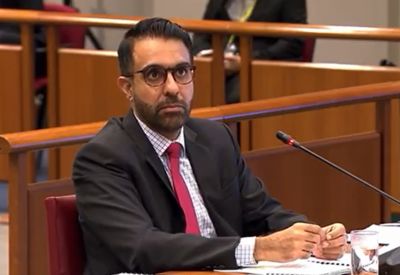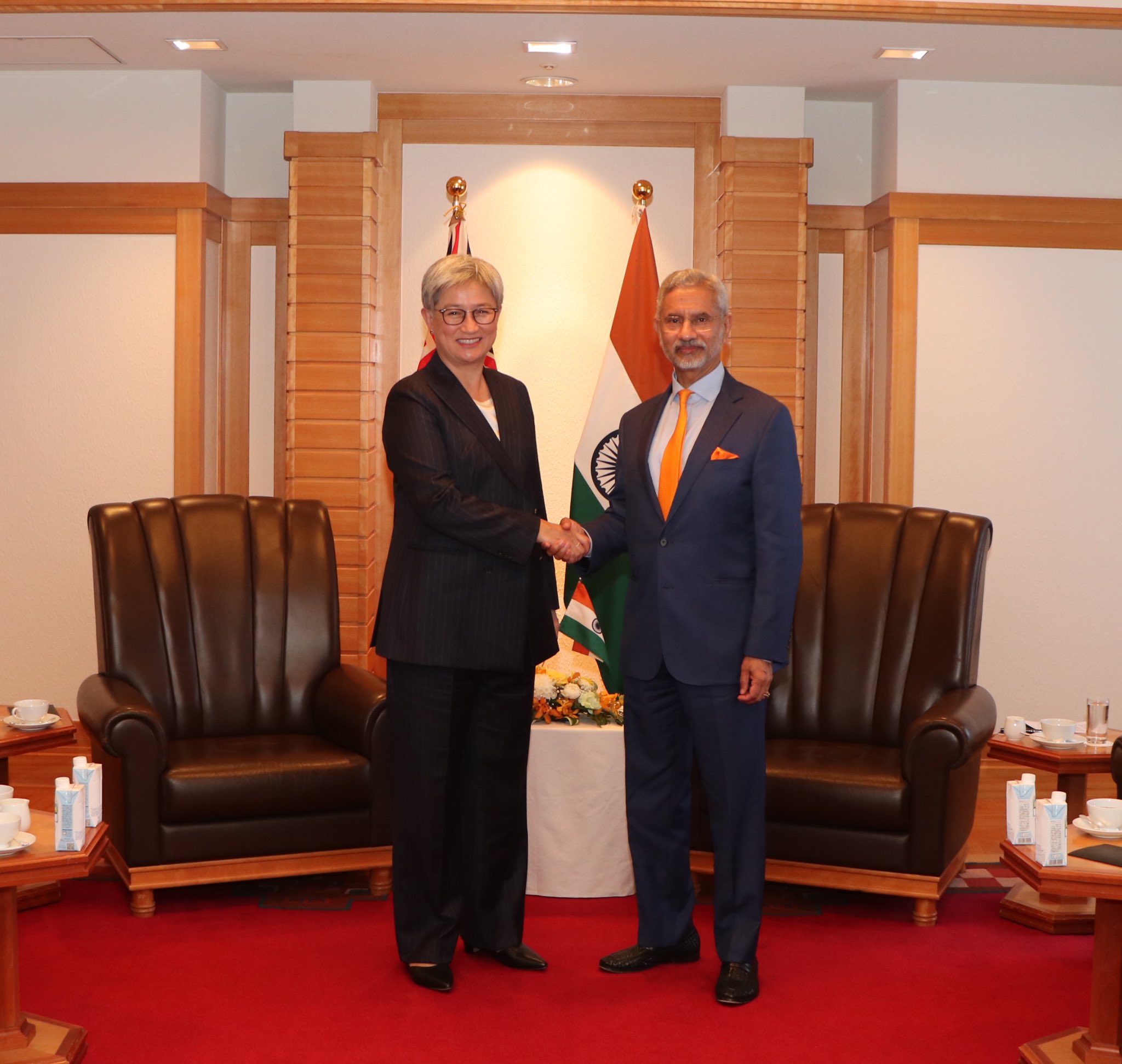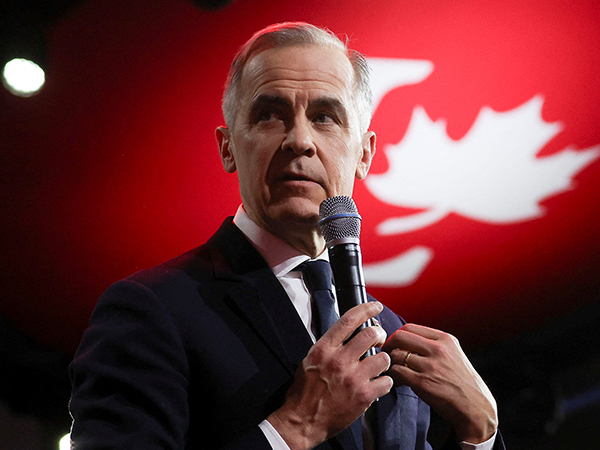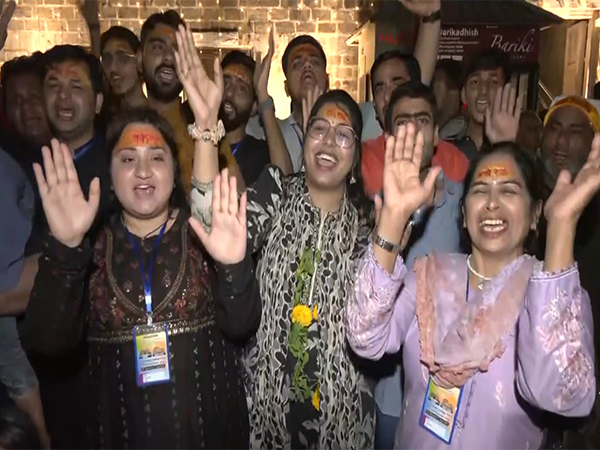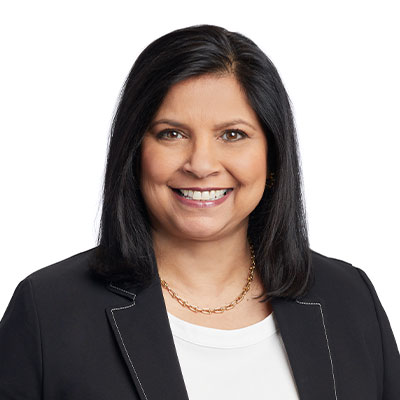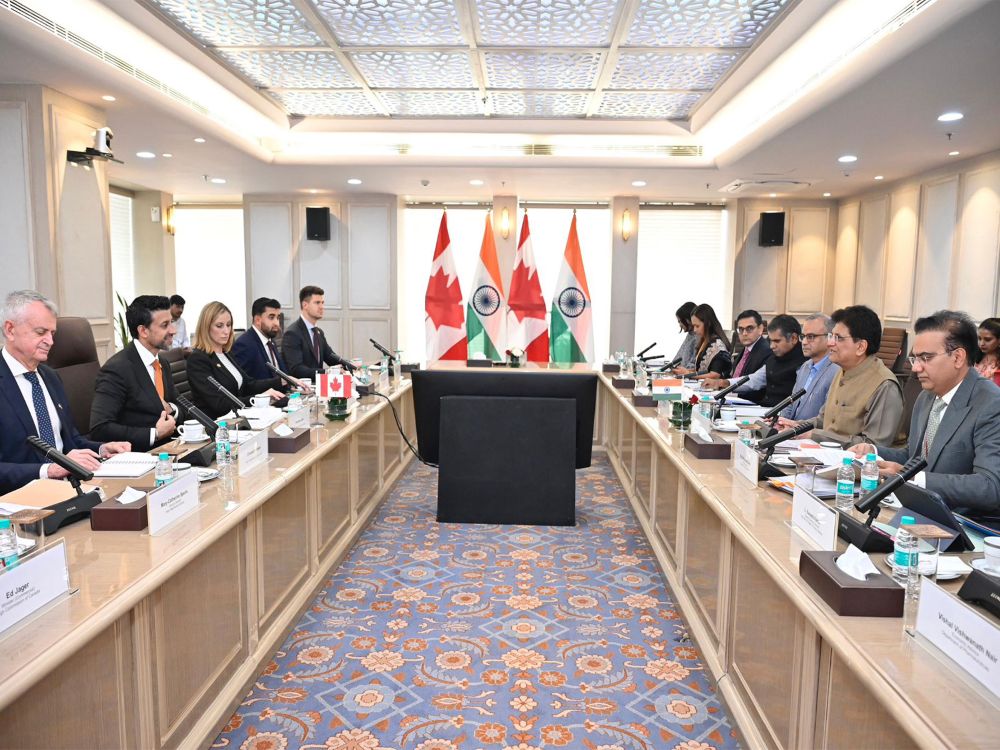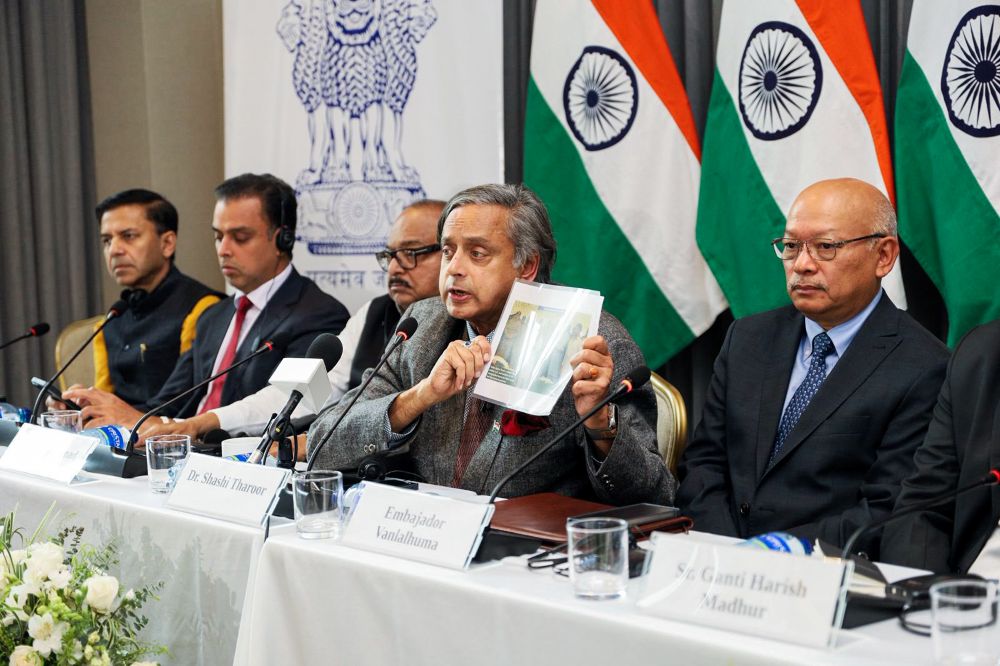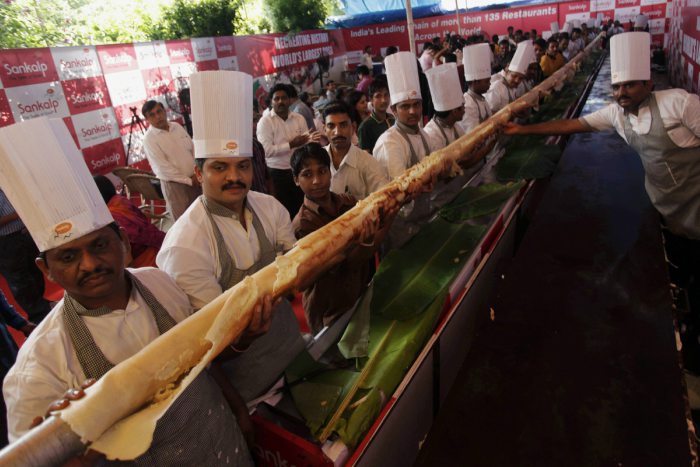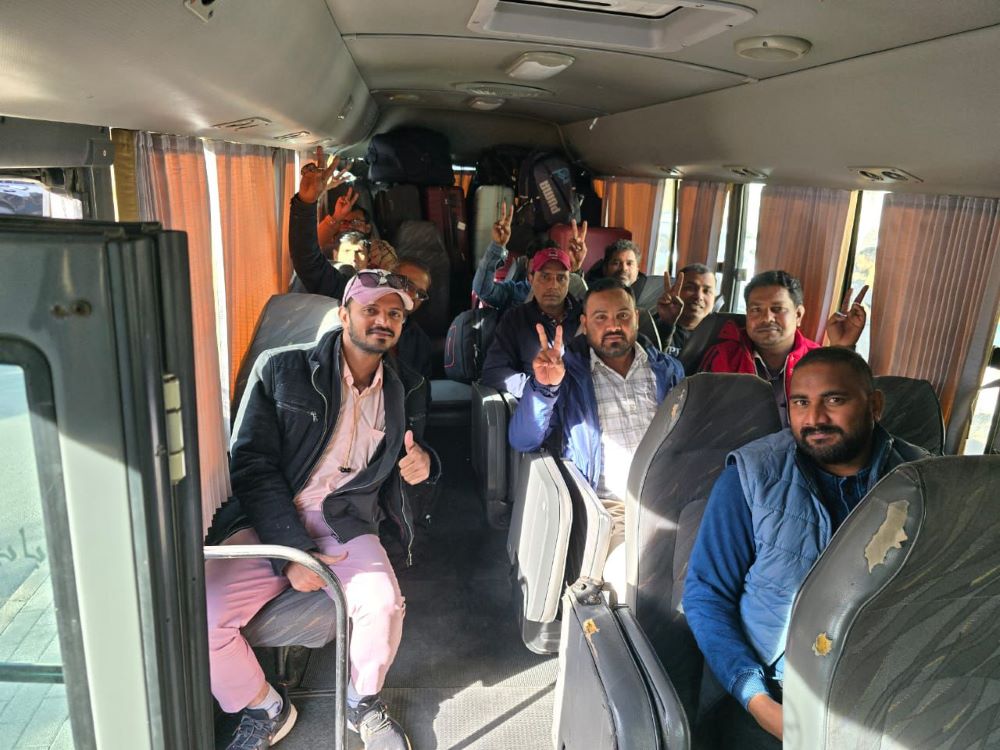Our Bureau
Singapore
Pritam Singh, the Indian-origin Leader of the Opposition in Singapore, has found himself at the center of a significant legal battle as he goes on trial for allegedly lying under oath in a parliamentary inquiry. The case has drawn considerable attention and raised questions about political accountability in Singapore, marking a notable moment in the nation’s political landscape.
The charges against Singh are rooted in a scandal involving former Member of Parliament Raeesah Khan, who admitted to fabricating a story about accompanying a rape victim to a police station during a parliamentary session in August 2021. Khan’s false claims sparked outrage and led to an investigation by the Committee of Privileges (COP), which sought to determine the extent of the deception and those involved.
During the COP’s hearings, Singh was accused of misleading the committee regarding his interactions with Khan. Prosecutors allege that he failed to disclose critical information about advising her on how to handle her false narrative.
The trial began on October 14, 2024, with Deputy Attorney-General Ang Cheng Hock outlining the prosecution’s case. He emphasized that Singh’s actions undermined the integrity of Parliament and eroded public trust in elected officials.
The trial has significant implications for Singapore’s political landscape, particularly regarding the relationship between the ruling People’s Action Party (PAP) and opposition parties like Singh’s Workers’ Party (WP). As Singapore navigates complex social issues, including gender-based violence and public trust in institutions, this case underscores the critical importance of integrity among elected officials.
Political analysts suggest that this trial could reshape public perceptions of opposition leaders in Singapore. If convicted, Singh could face up to three years in prison and substantial fines, potentially jeopardizing his political career. A fine exceeding SGD 10,000 could result in Singh losing his parliamentary seat and disqualification from elections for five years.
















